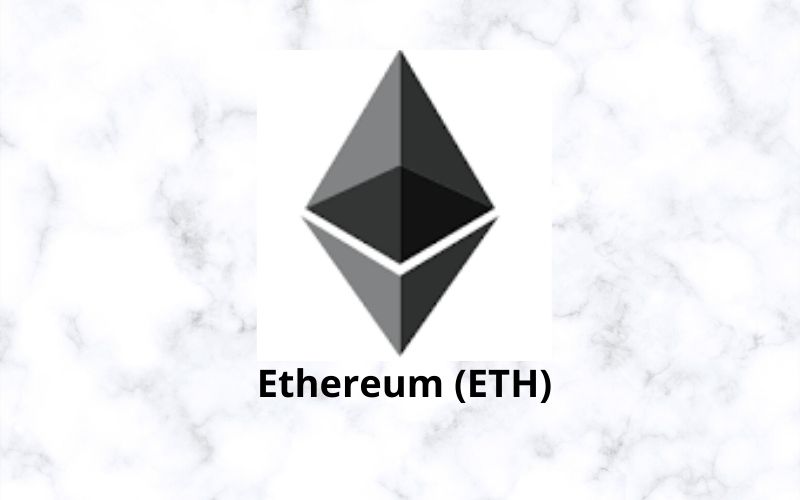The new Ethereum Improvement Proposal (EIP) that would reduce block rewards by 75% has received severe criticism from miners that that are of the opinion that it will have a negative impact on the security of the Ethereum network.
Miners believe that those that mastermind this proposal only care about investors’ interests, rather than the security of the Ethereum network.
Details of the EIP-2878
EIP-2878 is a proposal to reduce the block rewards by 75%, from 2 ETH per block to 0.5 ETH. The reason for this proposal at this time is to make Ethereum’s inflation rate correspond with Bitcoin’s, in order to preserve the purchasing power of ETH.
This proposal was made on 11th August 2020, by John Lilic, the ConsenSys Managing Director, in conjunction with Jerome de Tychey, the Ledger’s Global Head of Client Success. And it was shared with miners and developers on Ethereum Magicians forum for proper discussion.
According to Cointelegraph, miners, especially those using GPUs, were quick to kick against the idea of block rewards reduction, stating that the reduction will be more than double the percentage of the reduction that was previously initiated. They believe this would result in a 51% attack.
Reactions of Ethereum Miners to the Proposal
PegaSys Product Manager Time Beiko opines that “this is much too dramatic of a change, given we’ve gone from 5 to 3 (-40%), then 3 to 2 (-33%), now you are going from 2 to 0.5 (-75%).
“The biggest consideration, in my opinion, should be the security of the network (i.e. how do we ensure the likelihood of 51% attacks remains low, how do we keep a diverse set of miners on the network, etc.).”
Reacting to the proposal, another supposed miner says, “ASICs are highly profitable compared to GPUs. Any reduction in block rewards without an algo change will remove the rest of the GPUs from the network resulting in ASICs totally controlling the network.”
Jimmy Thommes, the co-founder and CEO of Bit Capital Group, stressed that Bitcoin’s inflation rate is an old network trying to achieve different things. So, he thinks it’s not what Ethereum should imitate.
“It feels really bad to be treated as a necessary evil to be paid out the minimum possible to incentivize us to keep our lights on just long enough to make the transition to 2.0 work,” Jimmy Thommes noted.
Join us on Twitter
Join us on Telegram
Join us on Facebook
